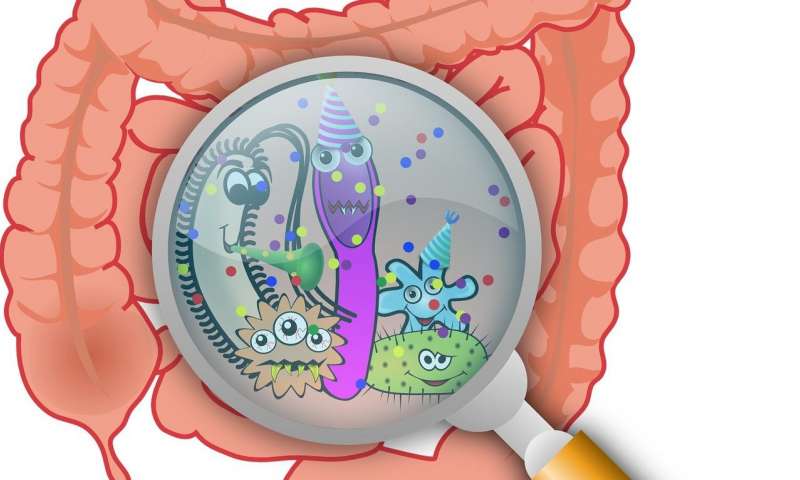 A woman said her emphasis on diet helped her in her battle against cancer, and now her approach will be studied by researchers at Harvard University to see if it can help others.
A woman said her emphasis on diet helped her in her battle against cancer, and now her approach will be studied by researchers at Harvard University to see if it can help others.
For Kathy Bero, time in the kitchen is an investment in good health.
“It isn’t really about eating healthy,” Bero said. “It’s about eating specific foods that fight disease.”
She ought to know. In 2005, doctors diagnosed Bero with inflammatory breast cancer. Her prognosis for survival was 21 months.
At the time, Bero was 41 years old and the mother of two young girls. She fought the disease with surgery, chemotherapy and radiation. But the cancer fought back.
“Eleven months after my first diagnosis, I was diagnosed with a high-grade tumor in my head and neck,” Bero said.
The medication took its toll.
“My kidneys were failing; my liver was failing,” Bero said. “My lungs were damaged. My heart was damaged. I told my oncologist that I’m done with that protocol because one way or another, I’m going to die. And I don’t want to go that way.”
It was then she decided to go off chemotherapy and use a strategy suggested by a friend.
“My friend kept saying you have to learn about anti-angiogenic foods,” Bero said.
Anti-angiogenic foods essentially block the creation of blood vessels so cancer can’t easily spread. Examples include organic vegetables such as purple potatoes, carrots and leeks.
“Leeks are at the top of the cancer-fighting list,” Bero said.
Also on her list: berries, walnuts, green tea and herbs, especially garlic.
“When a recipe calls for two cloves, I’m probably going to put in six because garlic is a really strong cancer fighter,” Bero said.
Bero said her diet – combined with a type of alternative medicine called Reiki, along with meditation and visualization – worked.
“My doctors just kept saying, ‘Huh. That is interesting,'” she said.
Today, more than 12 years after her first diagnosis, Bero, who is 54, said she’s cancer-free and now works as a cancer coach.
“She’s teaching me food is the best form of medicine,” said Phil Baugh, one of Bero’s clients. Baugh, a 43-year-old father of three, is fighting brain cancer.
“It’s stopped growing now, so it’s wonderful,” Baugh said. “And a huge part of that is food.”
Researchers at Harvard University learned of Bero’s success and will study her method.
“It’s exciting,” Bero said. “I’m now validated. I’m no longer the ‘crazy cancer patient.’ There’s a real science that is going to be there.”
Bero said Harvard researchers will study people who’ve had exceptional outcomes.
“They’re looking at our genetics and the genetics of the tumor,” Bero said. “What the outliers did; their attitude, environment, faith, social support. What they’re trying to do is create a database of all these different things and look for the commonalities between these people.”
The lead Harvard researcher, Dr. Isaac Kohane, said that because these outcomes are so rare, this particular study will take some time to complete.
Copyright 2018 WISN via CNN. All rights reserved.
Source: Woman battles cancer with diet; Harvard researchers to study her




